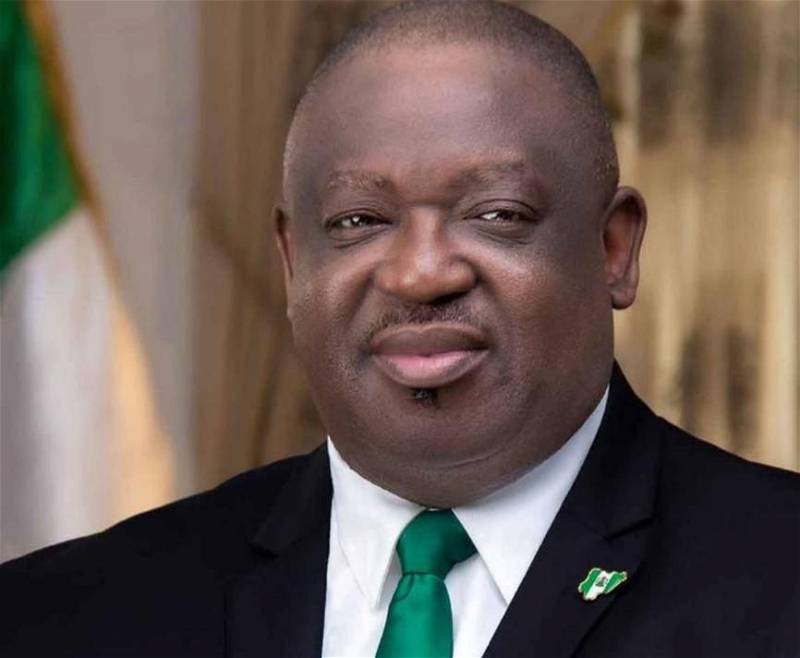A physically challenged lawyer, Mr Daniel Onwe, on Friday in Lagos appealed the judgment of a Federal High Court which struck out a suit challenging the non-enactment of a disability law in Nigeria.
Onwe had commenced the suit against the National Assembly in 2014 over alleged failure to enact a law protecting the rights of Persons Living with Disability in the country.
The plaintiff had also demanded broad interpretation of the constitutional rights to dignity of human person, freedom of expression, association and freedom of movement to accommodate the peculiarities of persons with disabilities.
Onwe had argued that the absence of a disability law amounted to a violation of the rights of the physically challenged, who he estimates at over 25 million across the country.
He said their inability to access high rise buildings and structures also amounted to deprivation.
The lawyer had, therefore, sought for an order mandating the respondent to immediately enact the necessary laws to protect the rights of persons living with disabilities.
Justice Ayokunle Faji of the Federal High Court had in a judgment delivered on March 28 struck out the plaintiff’s suit on the grounds that it disclosed no cause of action.
Faji had held that the plaintiff’s motion on notice did not disclose any cause of action as it did not show the acts of the respondent which resulted in filing the suit.
The court held that the averments in the affidavit were vague as there were no specific references to particular buildings from where the said hardships were suffered.
The court consequently struck out the suit.
Displeased with the court’s verdict, Onwe, filed seven grounds notice of appeal, challenging the decision of the Federal High Court and urging the appellate court to set same aside.
In his notice of appeal, Onwe contended that the lower Court misdirected itself and erred in law by confining itself to only the enactment of disability legislation to the total exclusion of other aspects.
He averred that the court avoided making any pronouncement on the interpretations of Sections 34, 39,40 and 41, of the 1999 Constitution which formed the crux of the suit.
Onwe argued that the judge totally neglected clear depositions in his supporting affidavit such as paragraph 16 where he states that “as a practicing lawyer, he is unable to access courtrooms located upstairs which in turn gives him both mental and physical torture”.
The applicant, therefore, urged the appellate court to allow his appeal, set aside the judgment of the lower court and also grant the reliefs sought.
NAN also reports that a date for hearing of the appeal will be communicated to both parties.
The plaintiff had first commenced his suit at the lower court before Justice Mohammed Yunusa, but the case was later transferred to Justice Jude Dagat after the transfer of Yunusa from the Lagos Division of the court.
Again, following the transfer of Dagat out of the Lagos Division, the suit was re-assigned to Justice Mohammed Aikawa.
On Feb. 2, 2017, Justice Aikawa had struck out the plaintiff’s suit after he informed the court that he was withdrawing same.
Plaintiff’s withdrawal was sequel to a preliminary objection raised by the respondent that the processes were not properly endorsed for service outside the jurisdiction of the court.
The plaintiff had re-filed the suit on Feb. 9, 2017, seeking similar declarative reliefs.
The suit no. FHC/LA/CS/168/17 assigned to Justice Faji, whose judgment was delivered on March 28, is now a subject of appeal before the Court of Appeal. (NAN)



